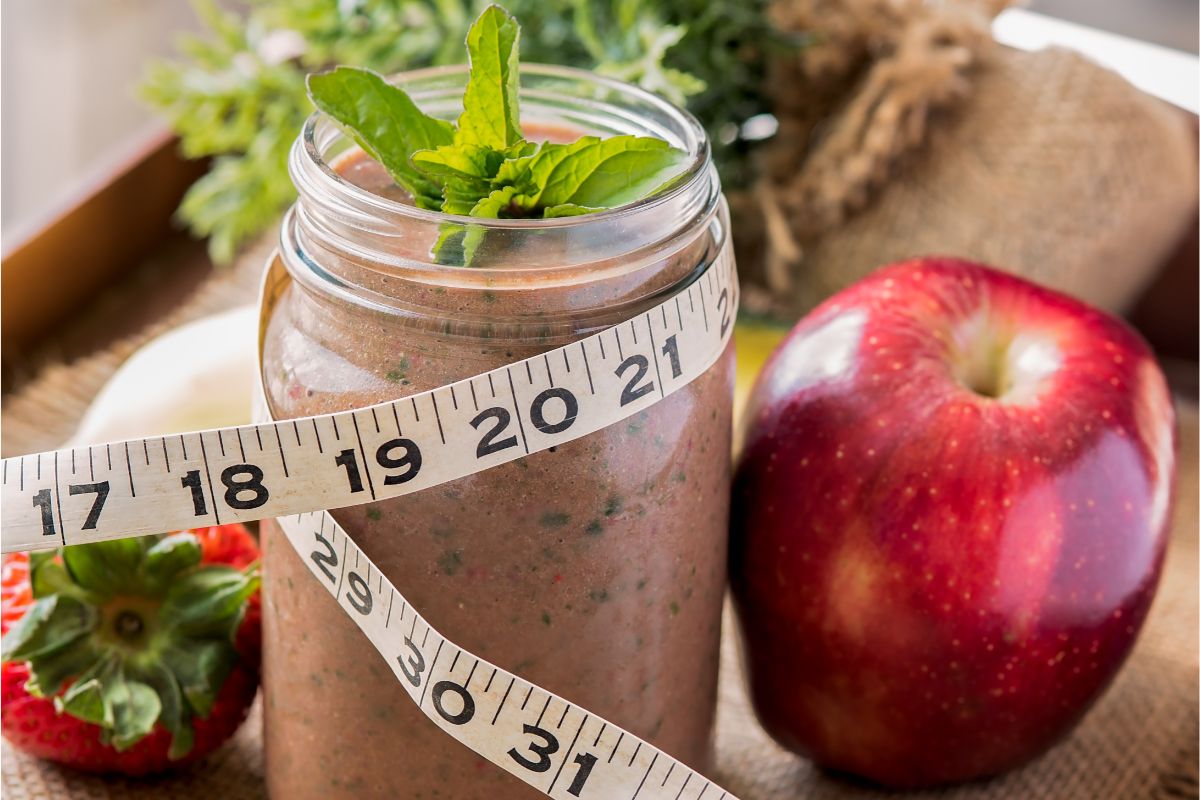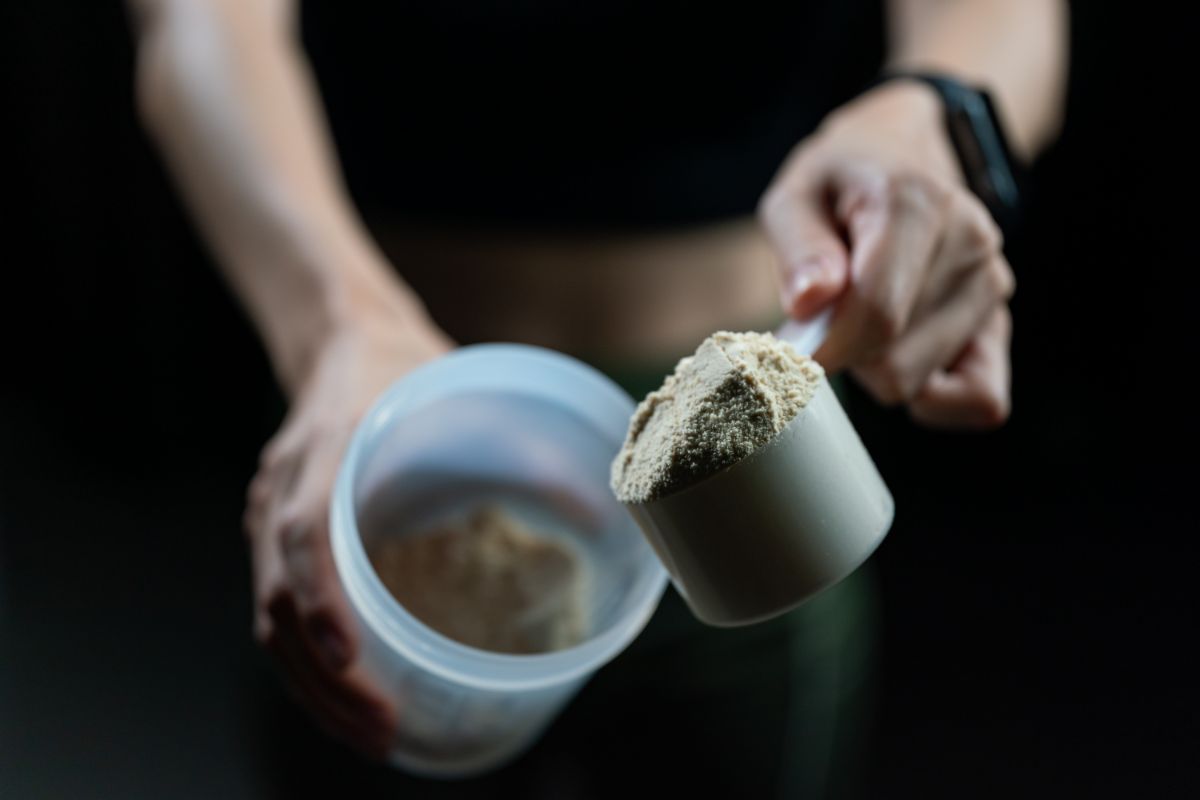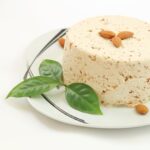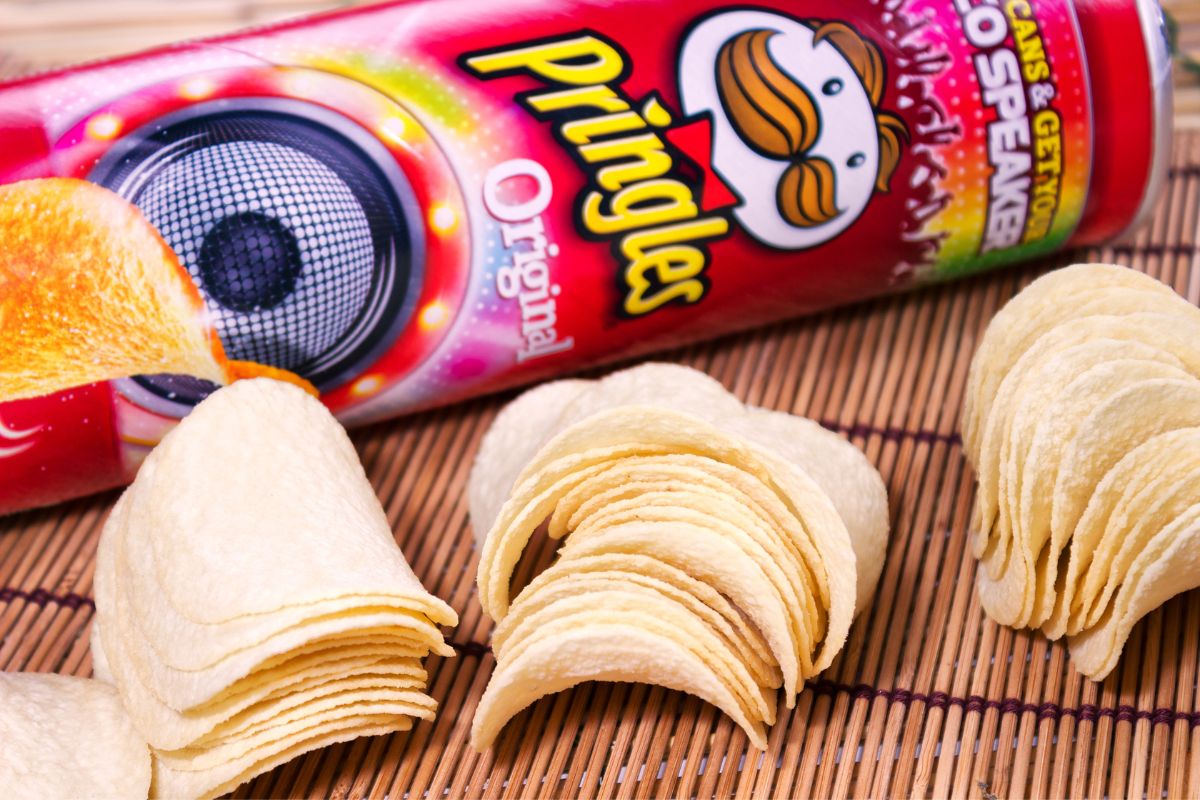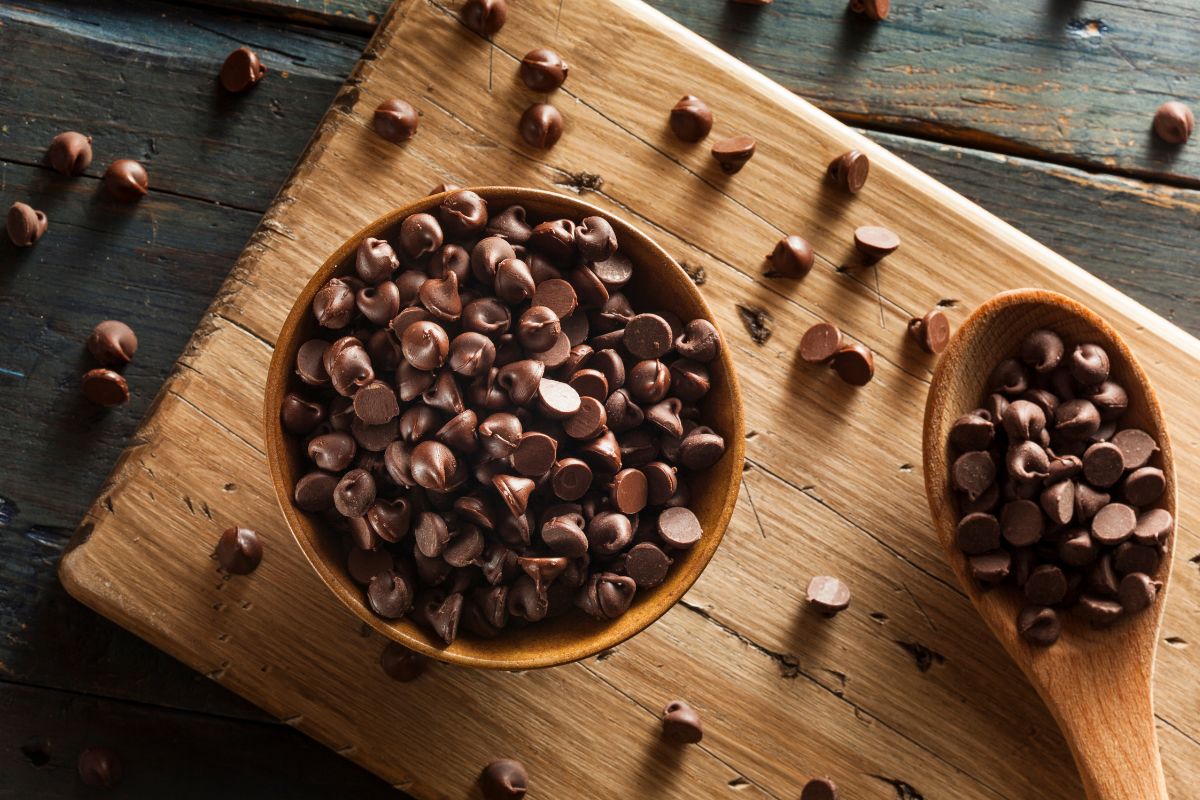Some non-dairy items can be made with milk derivatives, despite the term leading you to think the opposite. Many individuals think that non-dairy refers to having no dairy ingredients at all, but this isn’t the case.

You might find people purchasing non-dairy items at the store, only to check the label later and find that the product contains milk derivatives.
This can happen often, which leads to the question, what are milk derivatives? Are they dairy products? Can they be consumed on a dairy-free lifestyle?
You’ll find out the answers to these questions in this post, as well as whether milk derivatives are vegan, and if people with milk allergies can consume them.
Milk Derivatives: The Basics
The words ‘milk derivative’ involve any substance that is sourced from milk. Essentially, milk derivatives aren’t milk themselves, but byproducts that are usually taken from milk.
Milk derivatives cover many ingredients. These tend to be things inside milk that have benefits in baking and cooking tasks
For example, milk derivatives like casein, whey, and milk fat, are used when making bread. These substances give the bread a nice color, flavor, and provide the dough with a nice texture.
Here are some examples of milk derivatives to be aware of:
- Dry milk solids and skimmed milk solids
- Butter oil, butter powder, concentrated butter, milk salt, and milk fat
- Casein, milk protein, hydrolyzed milk protein, sodium caseinate
- Curds, whey powder, and whey
- Lactose, milk sugars
- Skimmed milk powder, whole milk powder, and milk powder
Sodium caseinate is a popular milk derivative that’s found in several non-dairy creamers. Bear in mind that this is because non-dairy items may still contain dairy.
Even though the term ‘non’ means ‘no’ or ‘not’, non-dairy items can cause a lot of confusion in the dairy industry. This labeling issue continues to this day, though the FDA hasn’t done much to deal with the problem.
The FDA hasn’t imposed any certain definition for the phrase, ‘non-dairy’. They once claimed that items with the non-dairy label could contain as much as 0.5% milk in the form of caseinates.
This is why sodium caseinate is present in several non-dairy products.
Other substances, like lactate and lactic acid, are present on labels. A lot of people think that these ingredients are milk derivatives, but they are actually chemicals that aren’t taken from milk.
The exception to this is sterol lactate, an ingredient created using stearic acid. Lactate and lactic acid are made using fermentation methods. These processes use beet sugar or cornstarch, both ingredients sourced from plants.
Can Lactose Intolerant People Have Milk Derivatives?
Lactose intolerance and milk allergies are two different things. While lactose intolerance can range in severity, intolerance involves experiencing discomfort with an ingredient.
For example, some individuals may be able to eat yogurt and cheese without issue, but encounter difficulties digesting milk.
This is because milk contains more lactose than yogurt and cheese. Tolerances will vary depending on the person.
The body starts to generate fewer lactase enzymes as we get older, so humans slowly start to lose the capability to digest lactose.
Lactose intolerance is a common problem. Around 36% of people in the United States have lactose malabsorption, though this percentage increases in certain ethnicities.
Most people in Asia and Africa have lactose malabsorption. Most individuals in Northern Europe, however, carry a gene that helps them digest lactose following infancy.
Milk derivatives tend to be added in small amounts. These quantities might not affect some lactose intolerant individuals, but may affect others.
Your tolerance level will affect how much lactose you can consume without issue.
Can People With Milk Allergies Consume Milk Derivatives?
Individuals with milk allergies should never consume milk derivatives. No matter how much the derivative has been refined, milk proteins can lead to allergic reactions.
This is why milk, along with its derivatives, needs to be labeled on products, even non-dairy ones.

Milk Derivatives In Coffee Mate
Coffee Mate is a lactose-free coffee creamer made by Nestle. The creamer is available in several forms, including liquid, concentrated, and powdered.
Coffee Mate might be non-dairy, but the product does contain sodium caseinate, a milk derivative that contains small amounts of lactose.
Other ingredients in Coffee Mate are:
- Glucose syrups
- Vegetable oils
- Soybean and palm kernel oil
- Sodium caseinate
- Artificial flavorings
- Colorings
- Monoglycerides
- Sodium aluminum silicate
- Dipotassium phosphate
Are Milk Derivatives Suitable For Vegans?
No, milk derivatives are not suitable for vegans.
The definition of veganism involves excluding all forms of cruelty and exploitation of animals.
For dietary purposes, vegans need to avoid all items that contain animal matter, are sourced from animals, or use animals in the manufacturing process.
Vegans cannot have milk derivatives as milk production methods involve animal exploitation and, in several instances, animal cruelty.
A non-dairy creamer may only contain 0.5% milk protein, but this small amount still matters in the grand scheme of things.
Vegans would never consume the product if they knew it contained a milk derivative. If they did, the person would be considered a vegetarian instead.
Vegetarians are people that do not eat fish or meat, but have no issue with consuming other animal-derived products, like milk derivatives.
Other examples of vegetarian-friendly food include honey, eggs, and milk.
Frequently Asked Questions
Is A Milk Derivative Actually Milk?
Milk derivatives are products made from the elements of milk. The term could relate to any substance sourced from milk, but it tends to apply to ingredients that are modified forms of milk ingredients.
Milk derivatives typically relate to sodium caseinate, a substance made from casein, a milk protein. Other examples include lactose, dry milk solids, and dried whey.
Can I Drink A Milk Derivative?
People that are lactose intolerant may be able to tolerate milk derivatives, but this varies widely between people.
People that are allergic to milk should never consume milk derivatives, as these will lead to an allergic reaction.
What’s The Difference Between Dairy-Free And Non-Dairy?
Both terms may imply the absence of milk, but non-dairy items can still contain milk. Dairy-free refers to no dairy ingredients used to make the product in question.
Non-dairy products may still contain milk derivatives, like dry milk powder or lactose. Non-dairy creamers, cheeses, and protein shakes can still contain milk derivatives.
Can You Be Allergic To Milk And Not Dairy?
Some people can have allergic reactions to cow’s milk, but not be allergic to other dairy items. Despite this, dairy allergies can lead to anaphylaxis, an allergic reaction that can be fatal.
It’s important for anyone with dairy allergies to have injectable epinephrine close by in the event of an emergency.
The Bottom Line
Milk derivatives are substances that are sourced from milk. These are added to products for various reasons, like improving taste, texture, and flavor.
A popular milk derivative is sodium caseinate, but other examples include butter oil, dry milk solids, lactose, and dried whey.
People with lactose intolerance may be able to digest milk derivatives, but this will vary depending on the individual’s tolerance level.
However, people with milk allergies should never consume milk derivatives, as these will lead to an allergic reaction.
Vegans should also avoid milk derivatives as they are sourced using methods that exploit animals, which goes against the plant-based lifestyle.
- Is Cheese Vegan? - July 2, 2023
- Vegan Marshmallow Brands - October 24, 2022
- Are Andes Mints Vegan? Plus Other Andes Mints FAQs Answered - October 24, 2022

